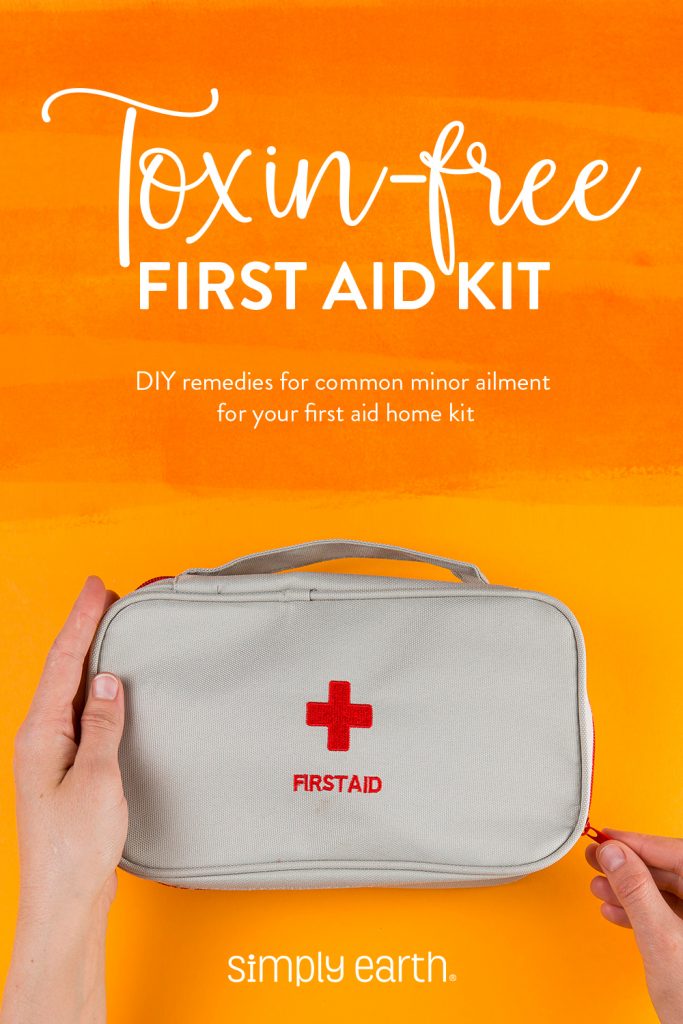
Taking care of yourself and your loved ones means being prepared. That’s why a first aid kit is essential in any home. But have you ever stopped to think about what’s actually in your first aid kit? Many traditional remedies contain chemicals and toxins that you might not want to expose yourself or your family to. That’s where a toxin-free first aid kit comes in.
We’ve rounded up 22 of our favorite natural remedies that are perfect for dealing with minor illnesses, bumps, and boo-boos. From essential oils to herbal teas, we’ve got everything you need to create your own natural first aid kit at home.
1. Activated Charcoal
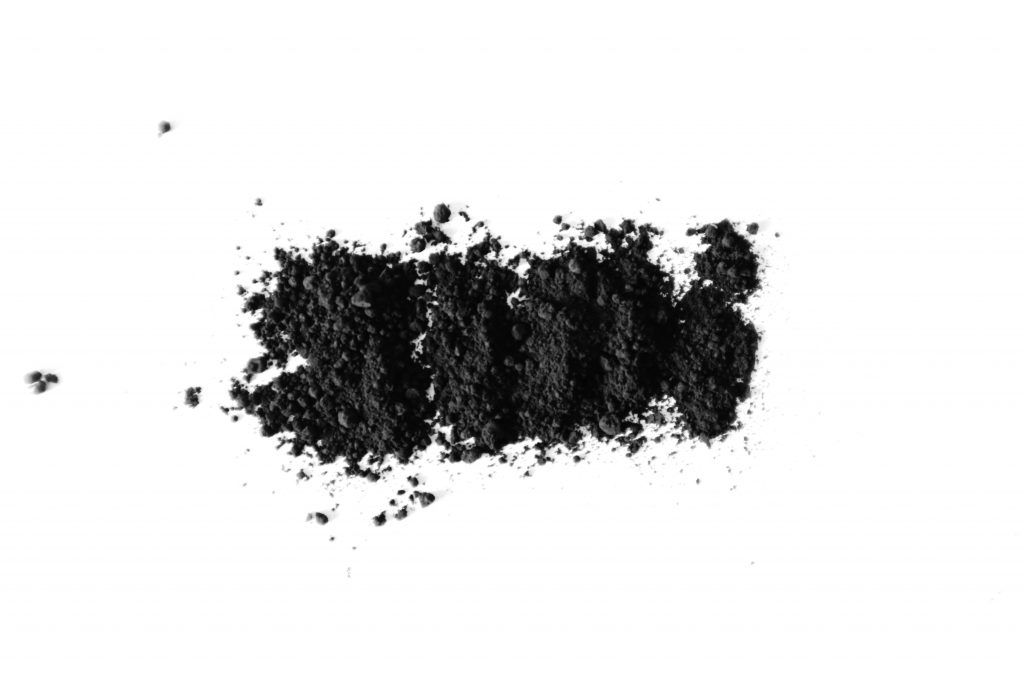
Activated charcoal is a must-have item in any first aid kit. This versatile substance can help treat gastrointestinal illness and food poisoning. But its usefulness doesn’t stop there! Charcoal can whiten teeth, draw out splinters, and even help draw toxins from insect bites and stings.
Just be sure to check with your doctor before ingesting it, as it may interfere with some medications.
2. Aloe Vera
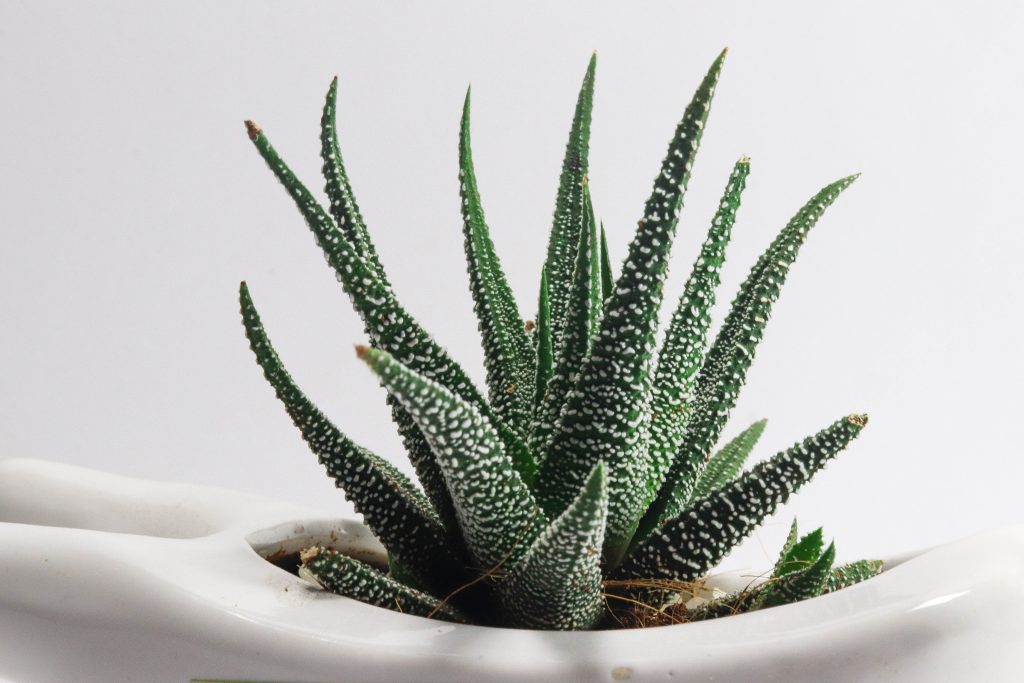
Aloe vera is a well-known and trusted remedy in the first aid world for its ability to naturally cool and heal the skin. It’s perfect for treating minor burns, scalds, and sunburns, as well as aiding in the healing of cuts, abrasions, and blisters. Additionally, aloe vera’s anti-fungal properties make it an effective treatment for minor fungal infections like athlete’s foot.
Can’t find fresh aloe vera? No problem! Simply Earth offers a convenient Aloe Vera Gel to help you craft your own DIY remedies.
3. Apple Cider Vinegar
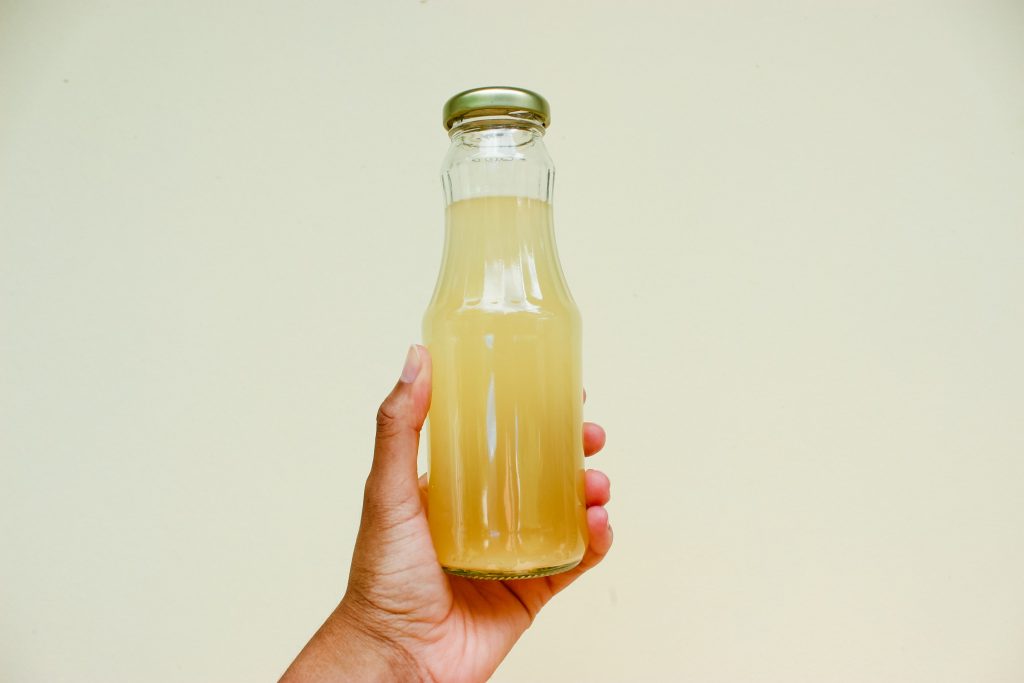
This natural remedy has been used for centuries to treat a variety of digestive issues, including food poisoning and indigestion. While the taste may not be everyone’s favorite, mixing it with hot water, honey, and lemon juice can make it much more palatable.
4. Arnica

This herb offers a wide range of topical uses that make it a valuable addition to any natural medicine cabinet. Whether you make it into a salve, infused oil, or cream, arnica can work wonders in helping to soothe muscle pain, bruises, inflammation, swelling, and insect bites and stings.
5. Baking Soda
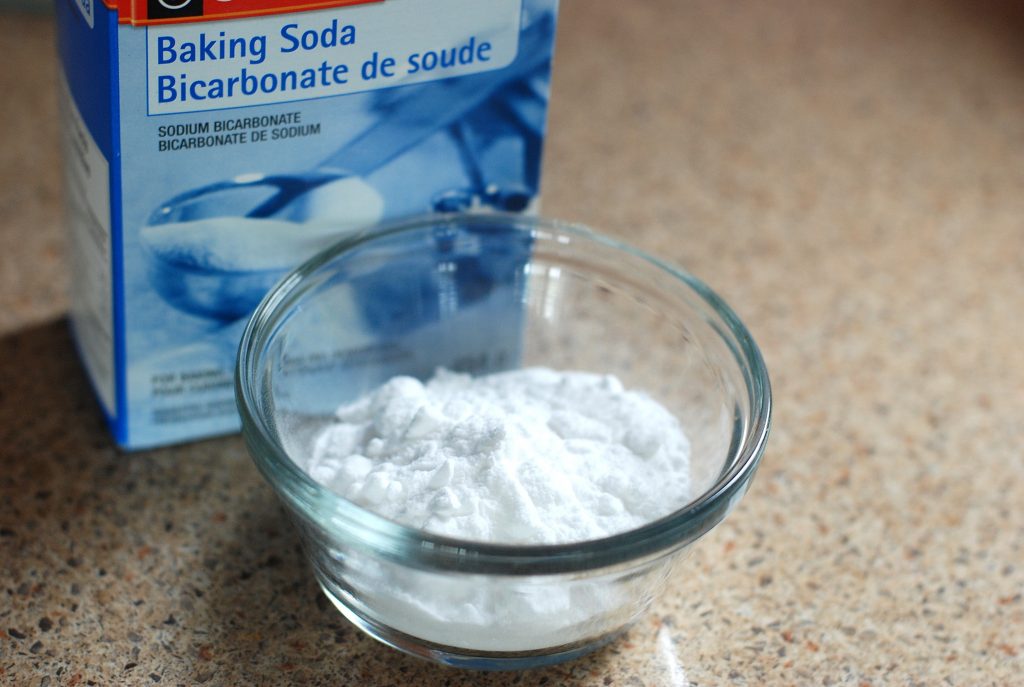
Baking soda is a staple in most households, and it’s also great for several topical uses. If you have an insect bite or poison ivy, a simple baking soda paste can work wonders. It can even help soothe sunburn or diaper rash when added to water. And did you know that baking soda can also be taken internally to relieve heartburn? Of course, it’s important to talk to your doctor before using it this way.
6. Organic Bandages & Gauze
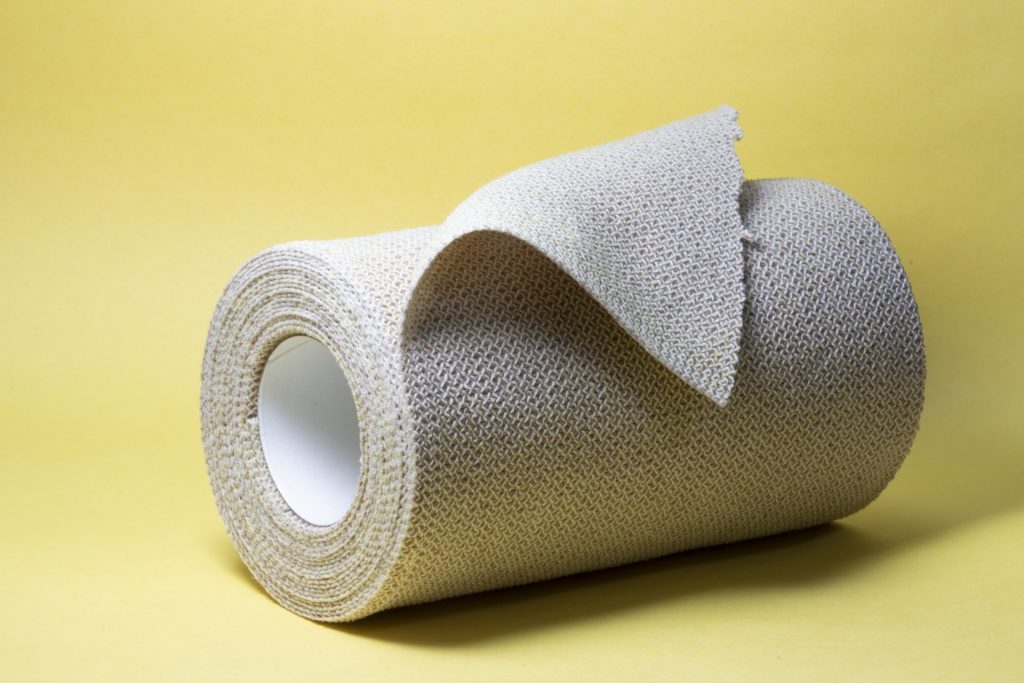
If you’re looking to switch to a more natural, organic solution for bumps and boo-boos, look no further than bandages and gauze made with natural, toxin-free ingredients.
7. Bulb Syringe and Nose Frida
For those with babies and toddlers, we all know how crucial these items can be in helping our little ones breathe a little easier. These simple tools can make all the difference when your little one is struggling with congestion and sleeping comfortably.
8. Calendula
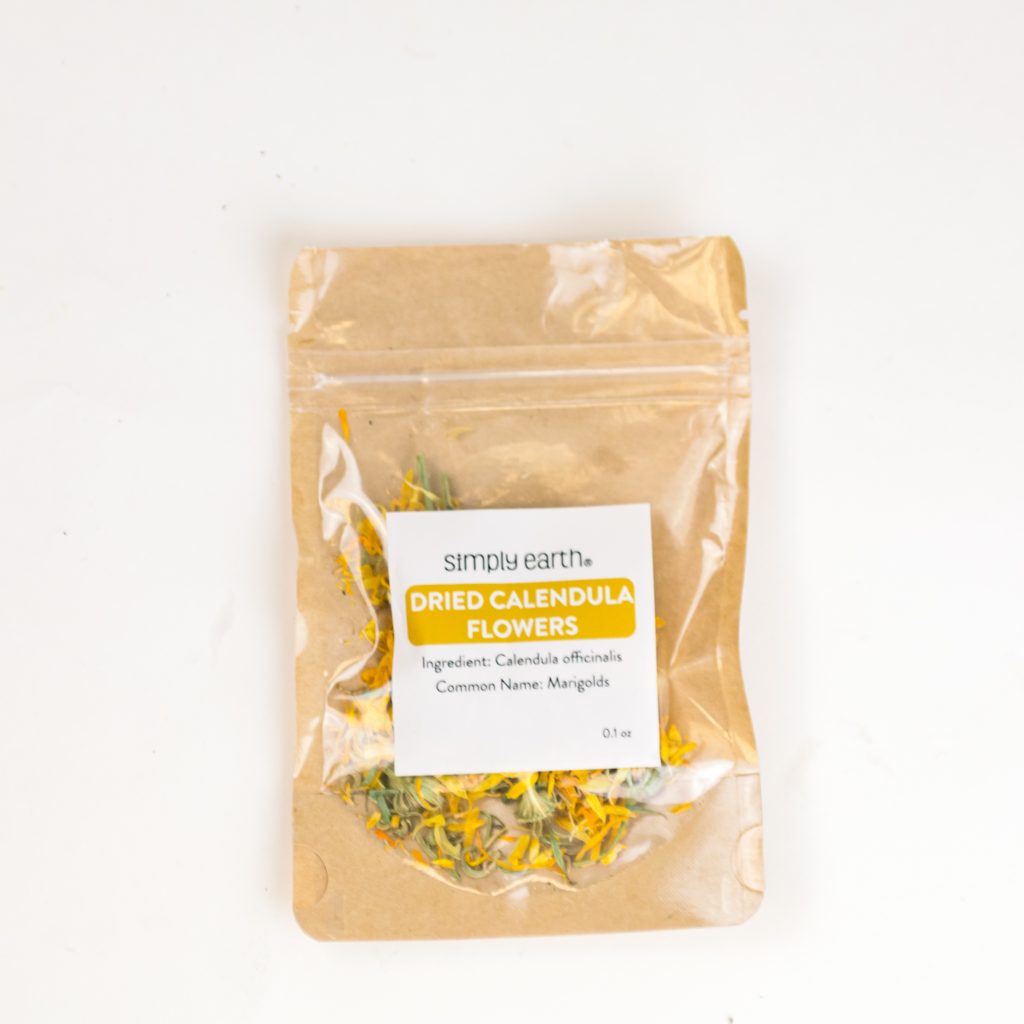
Enter: calendula, also known as pot marigold. This easy-to-grow herb has been used for centuries for its skin-healing and antimicrobial properties, making it a top pick for treating minor burns, cuts, and abrasions. But that’s not all it can do. Calendula is also great for reducing scarring and nourishing dry skin. And if you’re dealing with acne, it could be just what you need to help clear things up.
Here’s a Calendula-Infused Oil Recipe for wound healing.
9. Cardamom
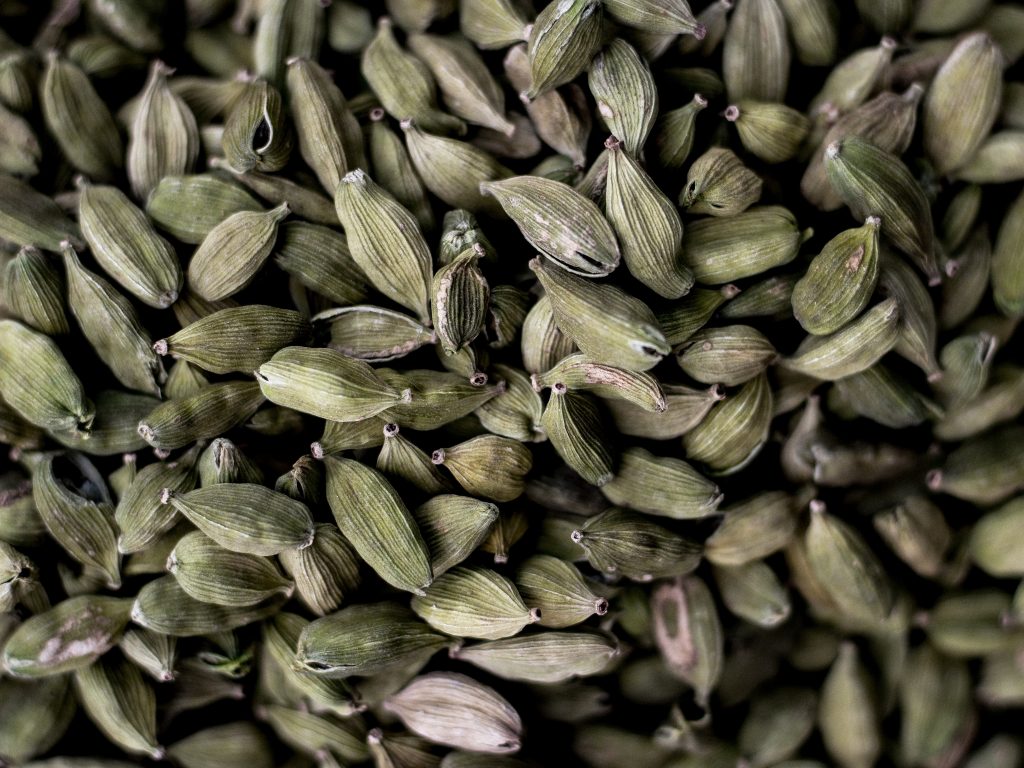
Cardamom is an incredible Indian spice that you can’t leave out of your toxin-free first aid kit. It’s highly beneficial for all things digestion, like heartburn, IBS, and diarrhea. This herb can be used internally by adding it to your favorite beverage or taken with lukewarm water to ease digestive distress.
You can also make use of its essential oil by adding it to a warm compress to soothe digestive issues. Besides, Cardamom Essential Oil is naturally antibacterial and anti-inflammatory, making it an excellent option for treating minor abrasions.
10. Chamomile

Chamomile is an incredible herb that can do wonders for your health and wellbeing. While many of us associate chamomile with a calming, soothing tea, it’s much more than that. Whether you’re suffering from seasonal allergies, inflammation, menstrual disorders, muscle spasms, insomnia, ulcers, minor cuts and abrasions, arthritis, hemorrhoids, or gastrointestinal ailments, chamomile can offer relief.
If you really want to take things to the next level, be sure to check out Chamomile Essential Oil. Your body will thank you!
11. Coconut Oil
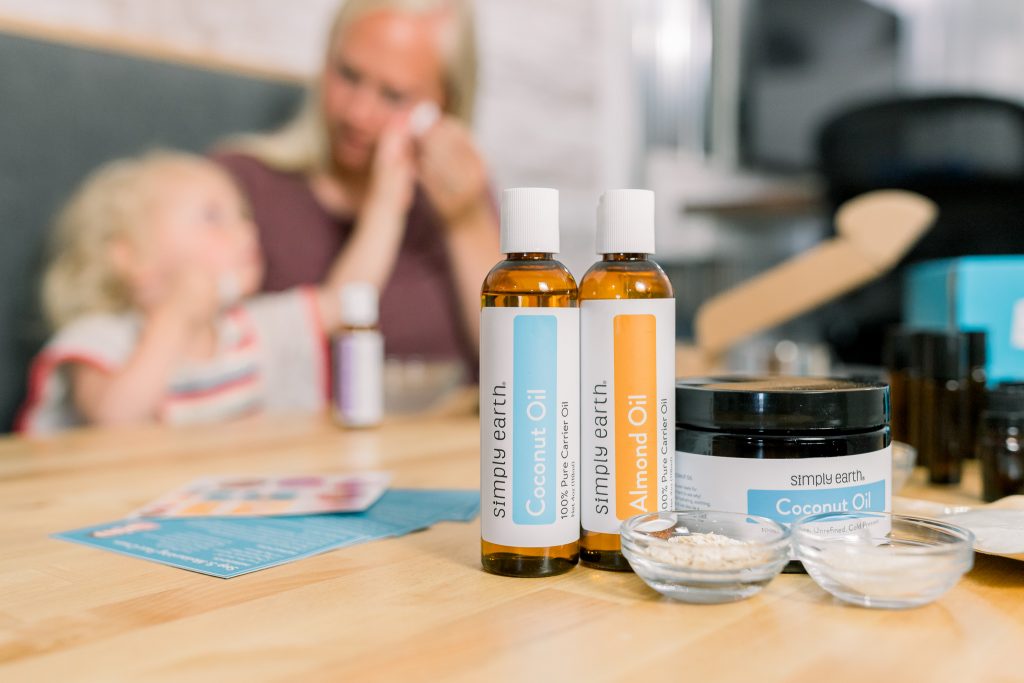
Coconut oil is a game changer when it comes to natural remedies, and we’ve got two types that you can use in your toxin-free first aid kit.
Fractionated Coconut Oil is perfect for diluting essential oils, making roller bottle blends, moisturizing skin, conditioning hair, and removing makeup.
If you need something with a thicker consistency, Solid Coconut Oil is a great choice for salves and balms. It’s also an excellent makeup remover, hair mask, and shaving lotion. With this versatile ingredient in your first aid kit, you’ll be able to whip up all sorts of natural remedies to keep your family healthy and happy.
12. Comfrey
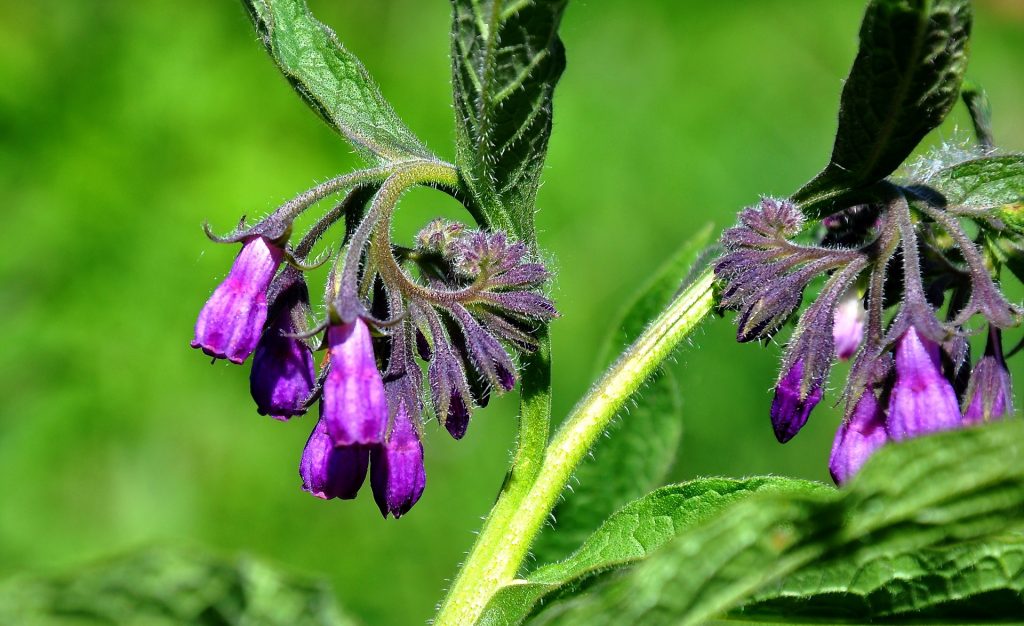
Though comfrey may not be safe to ingest, the application of this plant topically can do wonders for a variety of ailments. From muscle pain and arthritis to bruising and varicose veins, comfrey’s medicinal properties are sure to soothe and heal.
13. Echinacea

This stunning plant, also known as the American coneflower, is a versatile addition to any toxin-free first aid kit. Not only can you grow it in your garden, but it can also be used to treat a wide range of ailments, including indigestion, arthritis, and even certain bacterial infections like gum disease. However, Echinacea is most popularly known for its ability to help with symptoms of the common cold and influenza.
14. Epsom Salt
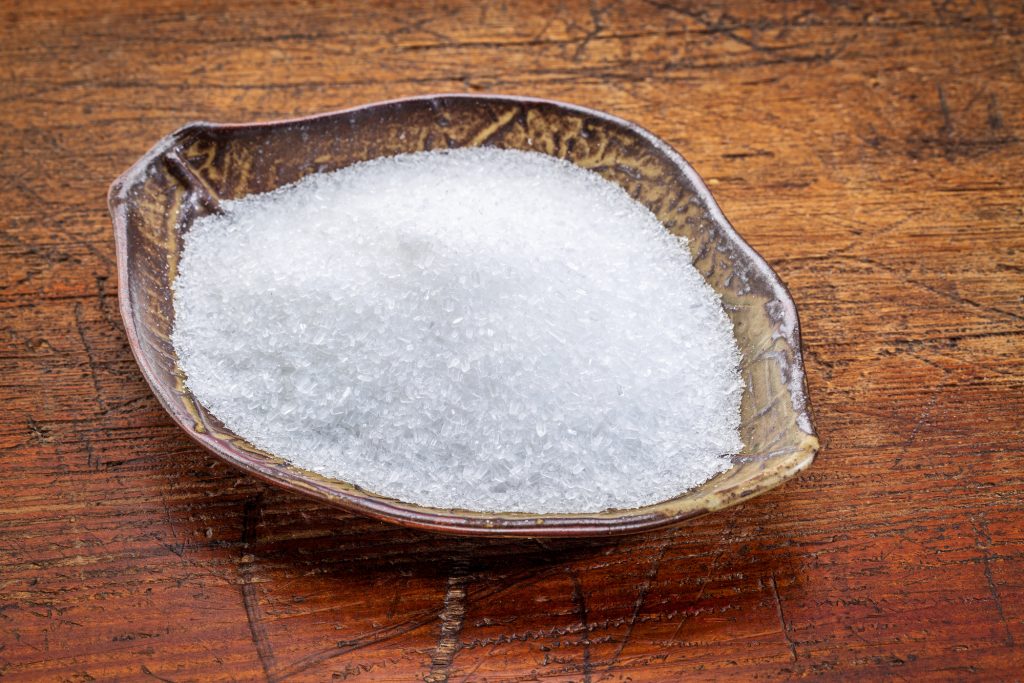
Epsom salt can help reduce swelling and pain from injuries like sprains and bruises and can also help draw out splinters and even soothe pink eye. Plus, it’s all-natural, so you won’t have to worry about any added chemicals or harsh ingredients.
15. Eucalyptus Essential Oil
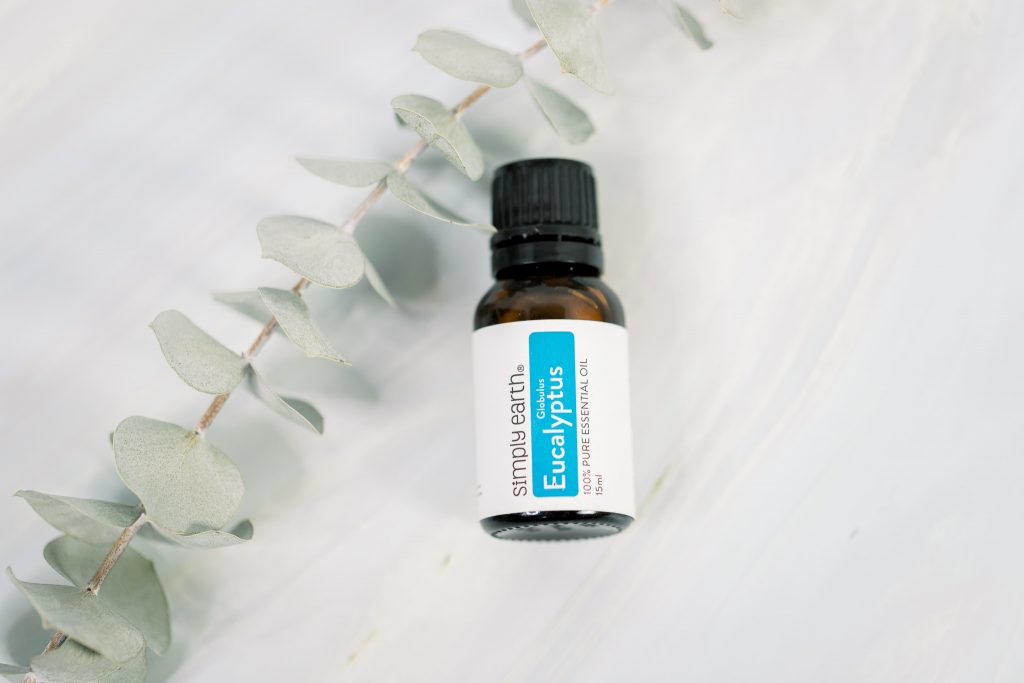
One of my favorite items in my kit is Eucalyptus Essential Oil. This oil smells amazing and possesses powerful antifungal, antibacterial, and antiviral properties. It is particularly helpful for respiratory issues and congestion.
Additionally, it can be a great addition to healing salves for its cooling effect on the skin. Plus, it can help soothe muscle and joint pain.
16. Ginger Capsules

Another item we always make sure to have on hand is ginger capsules. Not only is ginger well known for its anti-nausea properties, but it can also be used to help with motion sickness, minor food poisoning, and stomach bugs. Plus, adding fresh ginger root to your meals can add some healthy and delicious flavor.
If you’re looking for another way to use ginger, consider checking out Ginger Essential Oil for its many benefits.
17. Compress
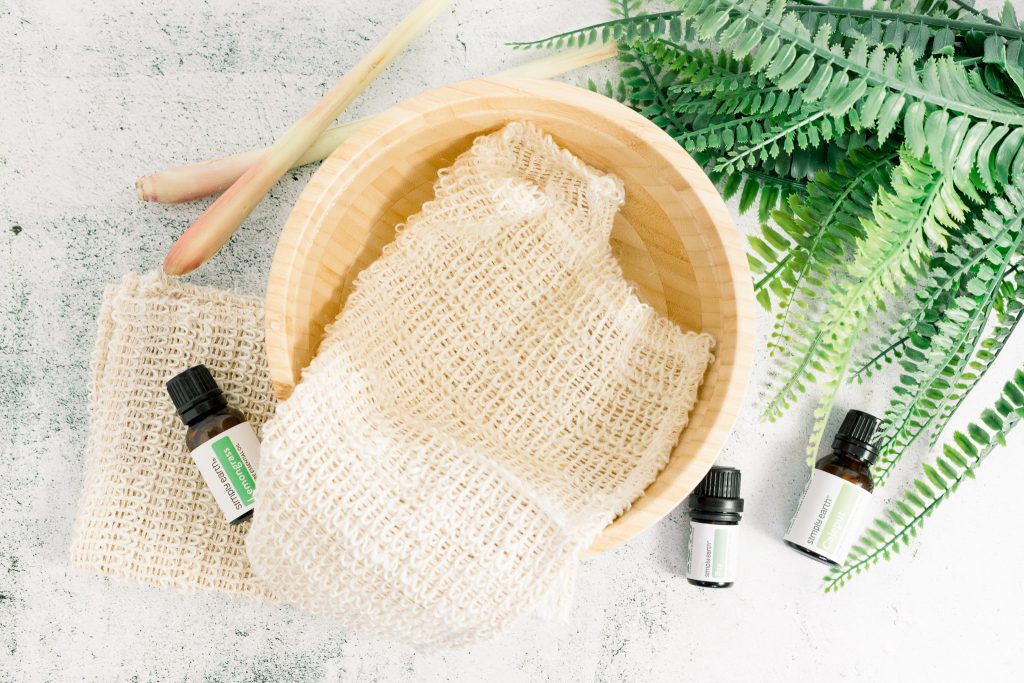
One of our favorites is the compress for hot and cold therapy. You can also try our Aromatherapy Rice Bag, which you can keep in the freezer for cooling relief or in the microwave for warming relief- which is just perfect for those unpleasant bumps and bruises.
18. Hydrogen Peroxide
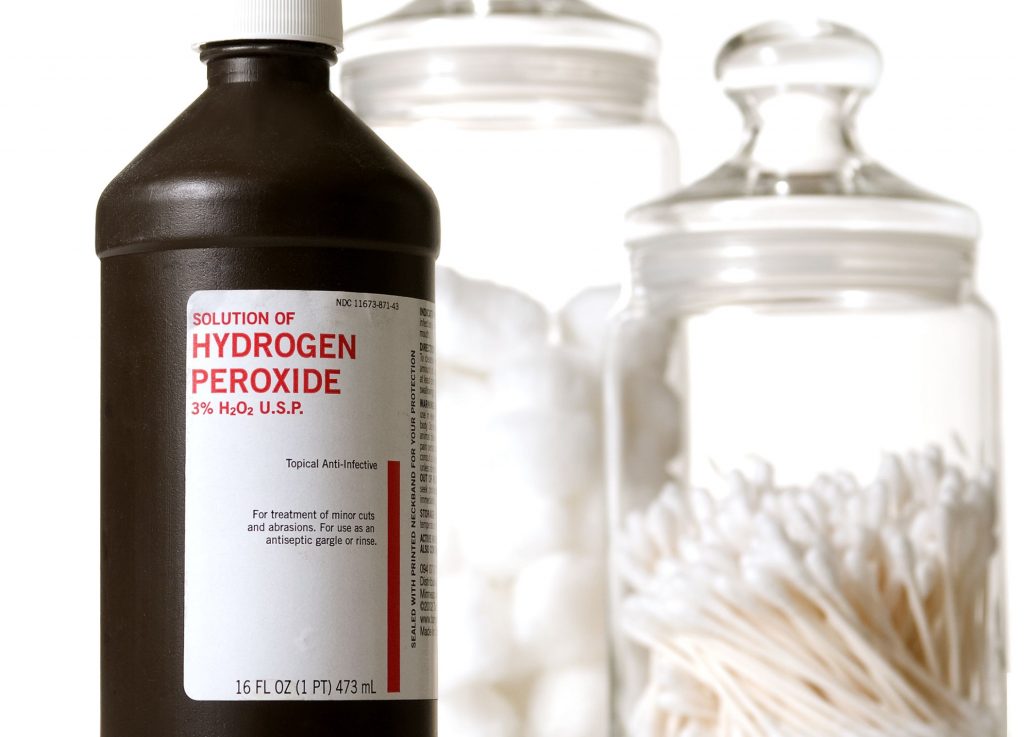
Hydrogen peroxide has been a go-to for wound cleaning throughout my life, and it can also work wonders in preventing ear infections! When I notice the first signs of an ear infection, I add a small amount of hydrogen peroxide into the ear and let it do its thing.
19. Homemade Ice Pack
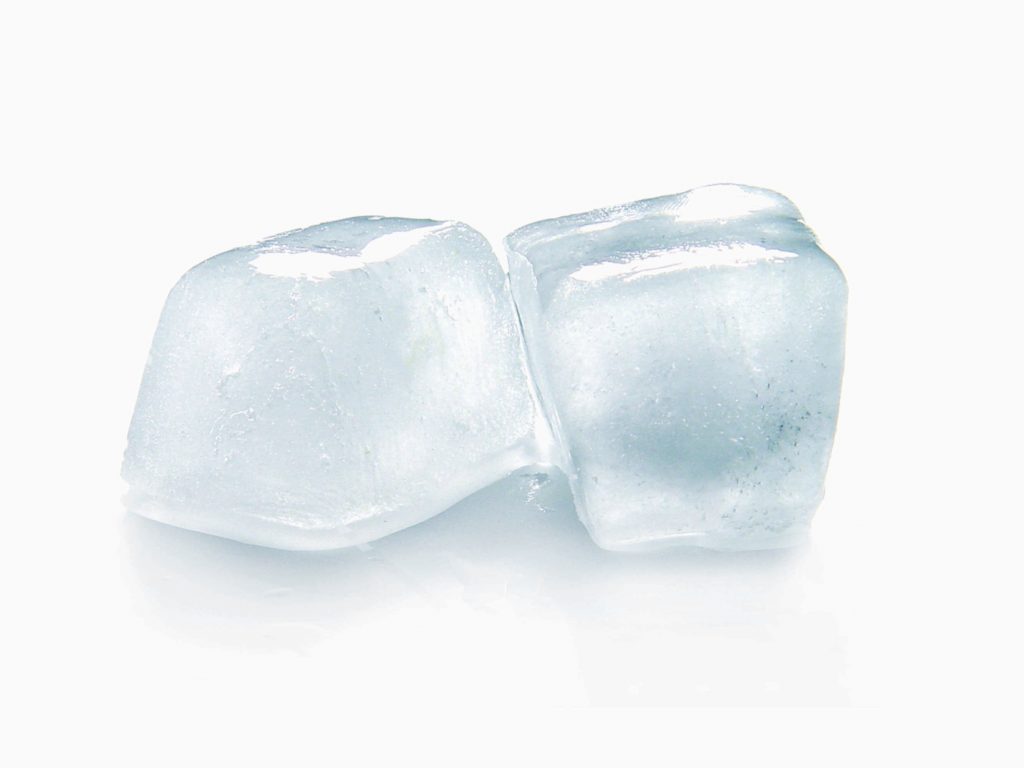
An ice pack is perfect for providing relief for a variety of ailments. Whether you have a sprained ankle or a sore muscle, an ice pack can be a real lifesaver. And it’s easy to make your own at home using just water and rubbing alcohol. You can add more alcohol to create a softer ice pack that molds to knees and elbows better.
20. Lavender

Lavender, specifically Lavender Essential Oil, provides aromatherapy benefits for relaxation and sleep. It also has antimicrobial properties that make it a great addition to healing salves. Plus, its anti-inflammatory qualities can aid in soothing bruises, muscle and joint injuries, and other swelling. It is also a go-to option for easing insect bites and sunburn.
For even more relaxation, try adding some dried lavender buds to your bath.
21. Peppermint
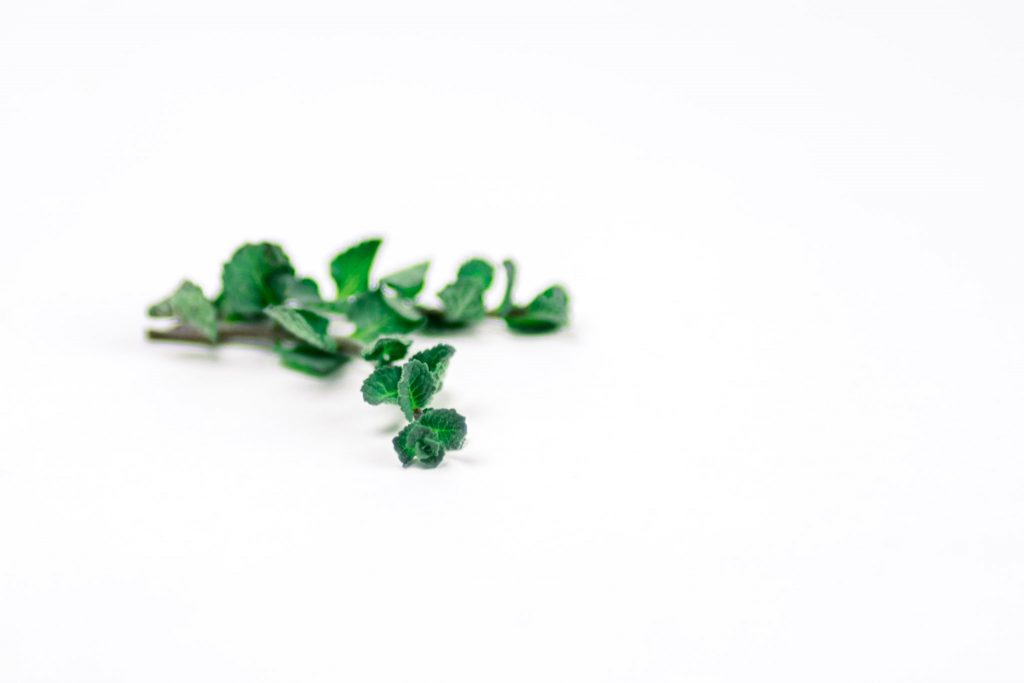
If you’re looking for a versatile herb that can bring relief to your stomach and your muscles, look no further than peppermint! This herb comes in several forms, from capsules to essential oils, and can help with a variety of ailments. For those with digestive issues like IBS or indigestion, peppermint can be a soothing and healing remedy. And for sore muscles and joints, Peppermint Essential Oil can be an excellent topical treatment. But perhaps my favorite use of peppermint is the way it can help with headaches – just a little diluted peppermint oil on your temples and neck can work wonders.
22. Witch Hazel

Witch hazel is a natural and effective solution that’s been used for centuries. This amazing plant-based extract is a great way to calm irritated skin and reduce inflammation in the body – without any harmful chemicals.
Things to Remember When Trying Out These Remedies

Essential oils may cause skin irritation when not diluted properly. If the oil has been oxidized (left with the cap off for long periods of time) it is more likely to cause skin irritation. Check out this dilution chart for diluting essential oils properly.

Not all essential oils are safe for breastfeeding moms and pregnant women. For more information on using essential oils who are breastfeeding and pregnant women, check out this blog post.

Not all essential oils are safe for kids. For more information on how to use essential oils safely with kids, check out this blog post.

Not all essential oils are safe to use around cats. Check out this blog post for more information on using essential oils with cats.

Not all essential oils are safe to use around dogs. For more information on using essential oils with dogs, check out this blog post.
Never ingest any essential oil, even if it’s regarded as safe. For more information on why we don’t ingest essential oils check out this blog post.
Please note: This post is a compilation of suggestions made by those that have extensively used essential oils and has not been verified scientifically with clinical tests nor reviewed by medical experts. It is anecdotal information and should be treated as such. For serious medical concerns, please consult your doctor.

